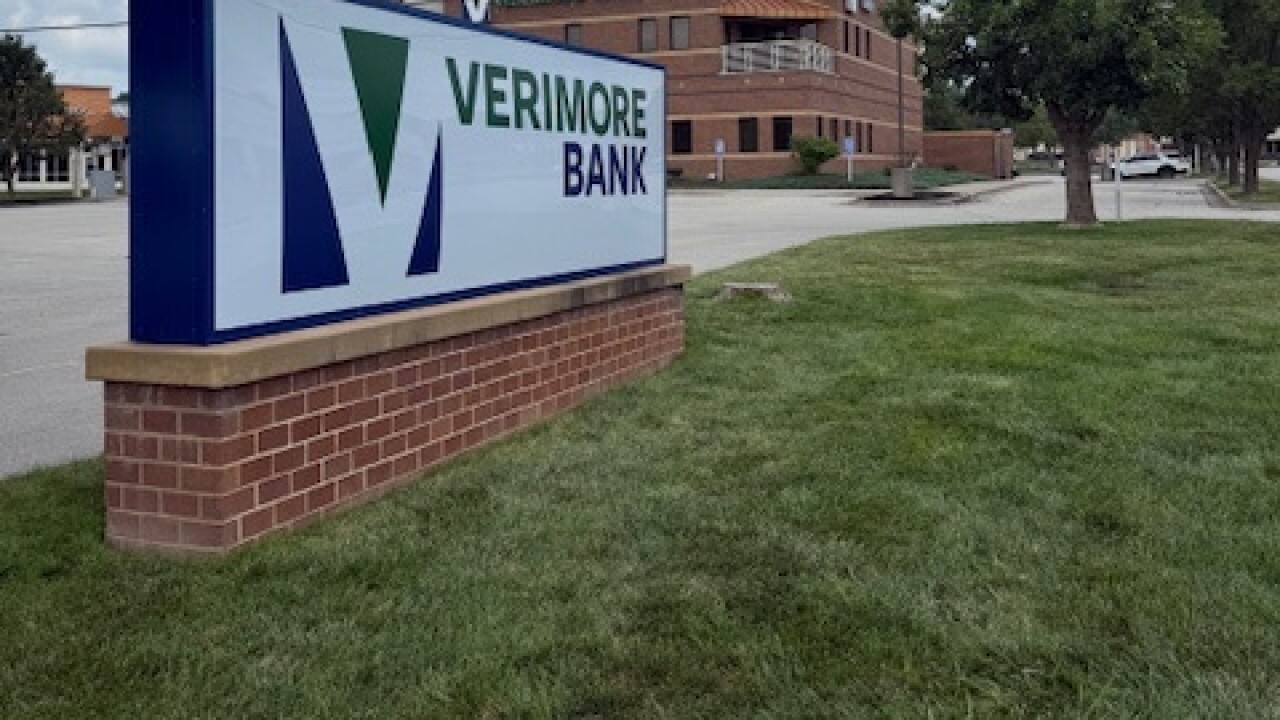Acculynk Inc. has worked over the past two years to position its PaySecure product as the standard for Internet PIN-debit transactions. It now plans to bring the same payment technology to smartphones.
Starting later this quarter, participating merchants may integrate PaySecure into a mobile application’s checkout process as a payment option. Consumers possessing an eligible debit card then may enter their PIN on a virtual, scrambling PIN pad to complete a transaction. The process is similar to how consumers initiate PaySecure transactions online with personal computers.
Acculynk developed PaySecure Mobile after merchants inquired about how the company might fit PaySecure with their mobile channels, according to CEO Ashish Bahl.
“This is a simple way for an entity to get into mobile without having to make a research-and-development application investment,” Bahl tells PaymentsSource.
Acculynk expects to announce participating merchants later this quarter. Merchants that choose to use PaySecure Mobile also would offer the PC version through their online checkout systems.
PaySecure Mobile will be available on apps for Apple Inc.’s iPhone, Google Inc.’s Android-powered phones, Research in Motion Ltd.’s Blackberry and phones that use Microsoft Corp.’s Windows 7 mobile operating system.
Some 60 million debit cards are eligible for PaySecure transactions, Bahl confirms. Acculynk wants to boost that figure to up to 100 million by the end of the year.
“What we’re doing now is chipping away at the networks’ card bases and expect to announce a major U.S. issuer soon,” Bahl says.
Nine electronic funds transfer networks support PaySecure, including Accel/Exchange, Alaska Option, Credit Union 24, Jeanie, MasterCard Worldwide’s Maestro, NetWorks Inc., NYCE, Pulse and Shazam. Acculynk is working on a deal for a 10th network, Bahl says.
Noticeably absent is Visa Inc.’s Interlink PIN-debit network. Visa has said its issuers prefer that their customers use signature-debit or credit cards online because they generate more interchange income. That position could change if the Fed later the year adopts its proposed 12-cent cap on all debit card transactions because PIN-debit transactions tend to be more secure.
PaySecure Mobile’s entry into the mobile-payments space adds to an already crowded field. But Bahl believes no scheme has yet elevated itself over others.
Consumers could gravitate toward PaySecure because it already contains familiar features, says Beth Robertson, director of payments research at Javelin Strategy and Research in Pleasanton, Calif.
“The addition of a PIN and the way the PIN pad works would make consumers more secure,” Robertson says. “Those are two desirable features.”
PaySecure Mobile, however, has two initial drawbacks, Robertson says. Most consumers are unfamiliar with PaySecure’s process, though smartphones have enabled them to have new experiences thanks to apps, she says.
Acculynk also might need to partner with a major merchant from the start with PaySecure Mobile to gain consumer adoption, Robertson adds.
“It’s kind of been a waiting game” between consumers and merchants when it comes to alternative payments, Robertson says. “Consumers are waiting for merchants to roll them out and merchants are waiting for consumers to adopt them.”
What do you think about this? Send us your feedback.





